If You Stop Taking Testosterone Will Your Period Come Back

For transgender men and nonbinary individuals assigned female at birth (AFAB) who have been taking testosterone, a common question arises when considering discontinuing hormone therapy: Will menstruation return? The answer is complex and depends on several individual factors, including the duration of testosterone use, dosage, and individual physiology.
Understanding the physiological mechanisms involved and consulting with healthcare professionals are crucial for anyone contemplating stopping testosterone and anticipating potential changes in their menstrual cycle.
Understanding Testosterone's Impact on Menstruation
Testosterone therapy, a cornerstone of masculinizing hormone therapy, works by suppressing the ovaries' function, leading to a cessation of menstruation, also known as amenorrhea. Testosterone primarily exerts its effects by increasing androgen levels in the body, effectively overriding the cyclical hormonal fluctuations that drive the menstrual cycle.
However, the body's response to ceasing testosterone is highly individualized.
Factors Influencing Menstrual Cycle Return
Several factors influence whether and how quickly menstruation returns after stopping testosterone. The most significant include:
- Duration of Testosterone Use: Individuals who have been on testosterone for a shorter period might experience a quicker return of their menstrual cycle compared to those on long-term therapy.
- Dosage: Higher testosterone dosages may lead to a more prolonged suppression of ovarian function, potentially delaying the return of menstruation.
- Individual Physiology: Underlying medical conditions, such as polycystic ovary syndrome (PCOS) or thyroid disorders, can affect hormonal balance and influence menstrual cycle regularity both before and after testosterone therapy.
- Body Mass Index (BMI): Body fat percentage can influence estrogen levels. Changes in weight after stopping testosterone could potentially impact hormonal balance and menstruation.
- Age: As individuals approach perimenopause, ovarian function naturally declines, which can influence the return of menstruation after testosterone cessation.
It’s essential to acknowledge that there is no guaranteed timeline for menstruation to return.
What to Expect After Stopping Testosterone
When testosterone is stopped, the body's hormonal balance shifts. Estrogen levels will gradually rise again. This hormonal shift can trigger a return to menstruation, but it can also cause other changes.
Some individuals may experience irregular periods initially before cycles stabilize. Others may experience a return to pre-testosterone menstrual patterns.
Possible Physical and Emotional Changes
Besides the return of menstruation, stopping testosterone can lead to a range of other physical and emotional changes:
- Changes in muscle mass and strength.
- Fat redistribution.
- Possible return of breast tissue growth.
- Changes in mood and energy levels.
- Alterations in skin oil production.
- Changes in libido.
These changes are dependent on the duration and dosage of testosterone used, and also individual physiology.
The Importance of Medical Consultation
Individuals considering discontinuing testosterone are strongly encouraged to consult with their healthcare providers, including endocrinologists and gynecologists with experience in transgender healthcare. A healthcare professional can provide personalized guidance based on individual medical history and circumstances.
They can also help monitor hormone levels and manage any potential side effects. Furthermore, they can offer support in navigating the emotional and psychological aspects of stopping hormone therapy.
Contraception Considerations
It is crucial to consider contraception once menstruation returns, as fertility can also return. Discussing contraception options with a healthcare provider is crucial to prevent unintended pregnancy, if that is a concern.
Even with irregular cycles, pregnancy is possible.
Research and Data
While anecdotal evidence and clinical observations provide valuable insights, more extensive research is needed to fully understand the long-term effects of stopping testosterone on menstrual health and overall well-being. Ongoing studies and data collection are crucial for improving the quality of care for transgender and nonbinary individuals.
Organizations like the World Professional Association for Transgender Health (WPATH) regularly update their guidelines based on emerging research.
Conclusion
The return of menstruation after stopping testosterone is a complex process influenced by various factors. While there's no definitive answer to when or if menstruation will return, understanding the potential changes and seeking guidance from knowledgeable healthcare professionals is essential.
Informed decision-making, coupled with ongoing medical support, can help individuals navigate this transition smoothly and maintain their overall health and well-being.




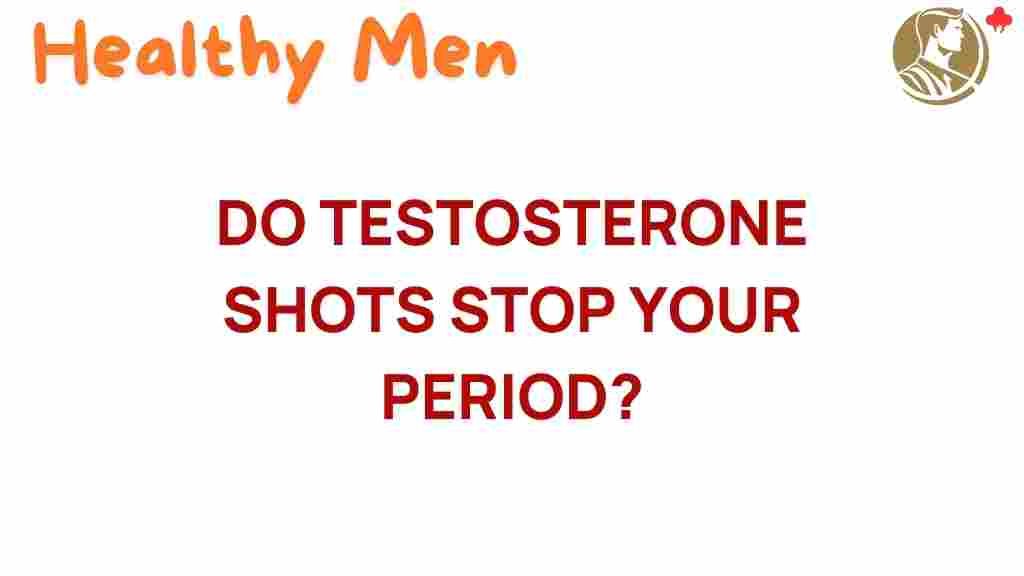
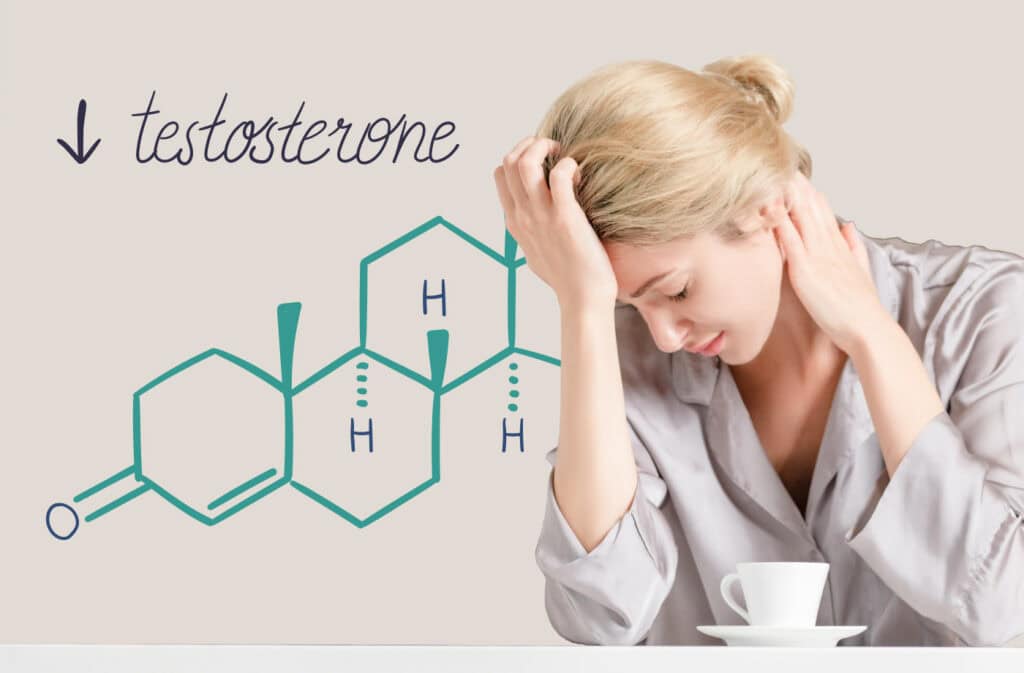
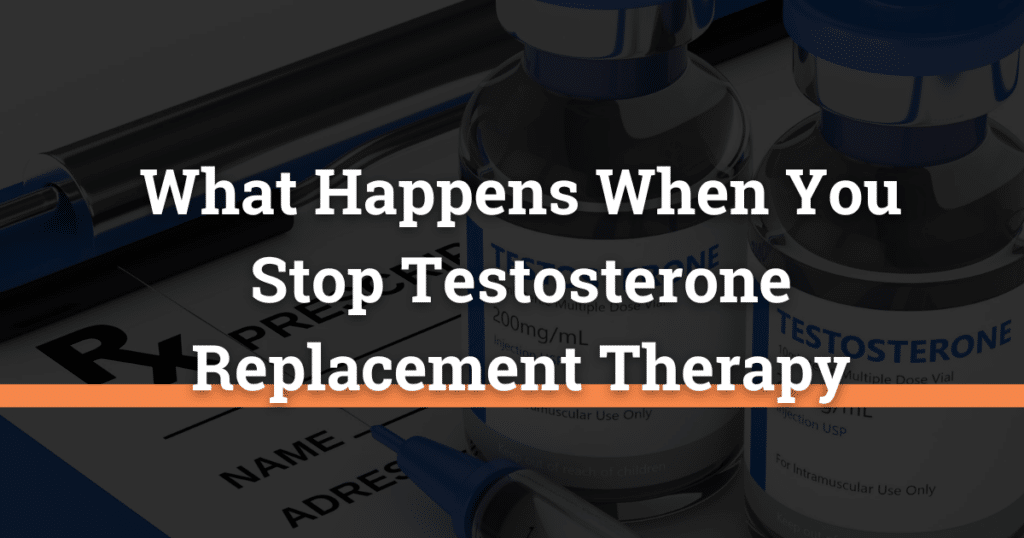

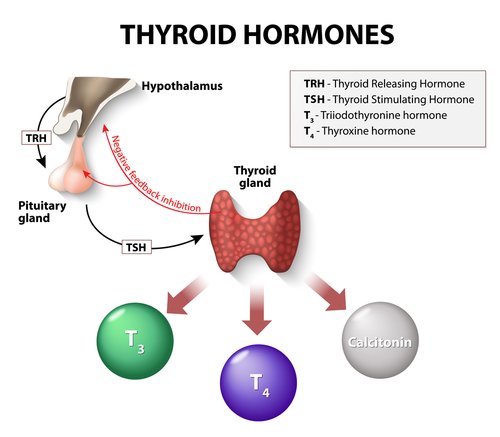

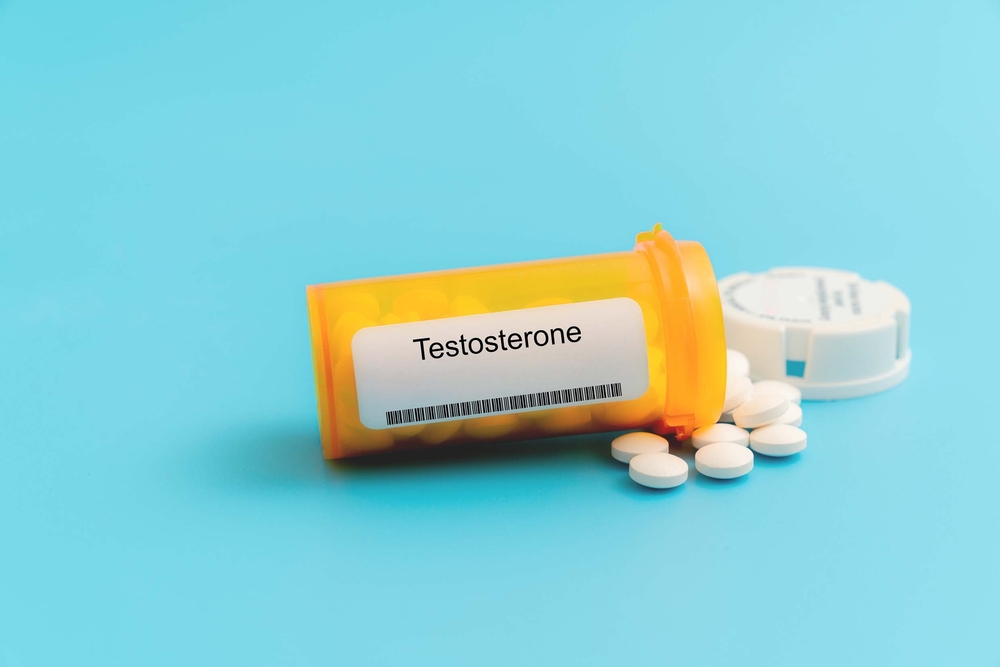

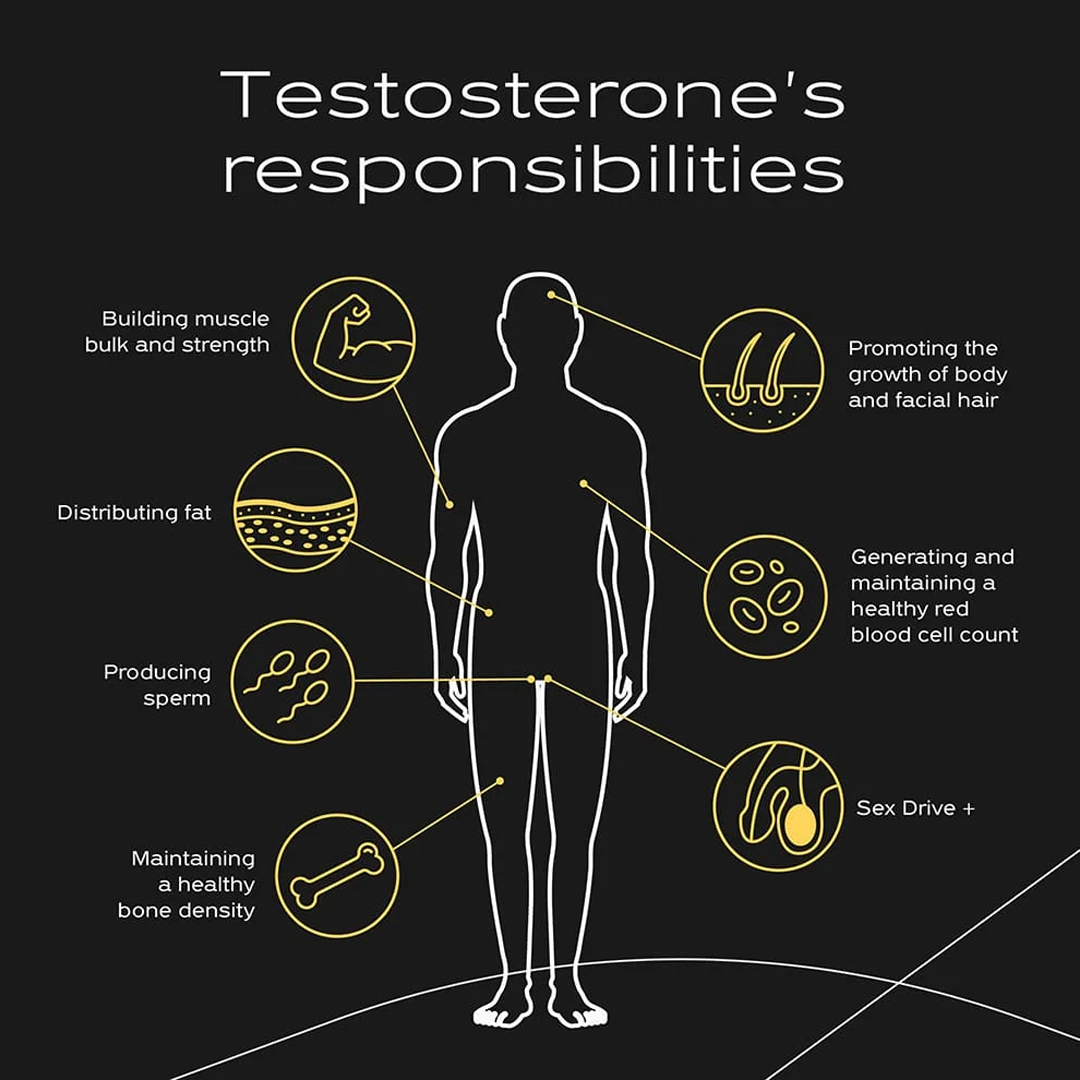



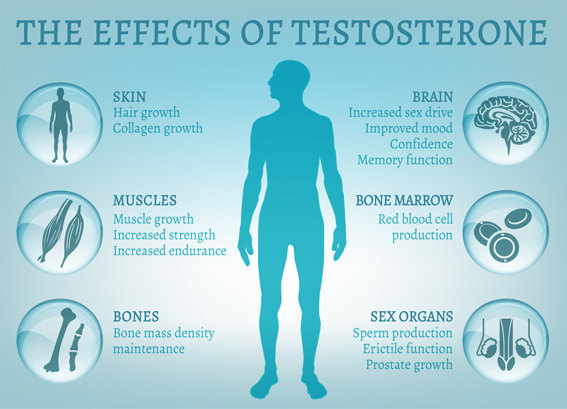
:max_bytes(150000):strip_icc()/VWH-JulieBang-HowLateCanYourPeriodBeonBirthControl-Standard-adef6d9a9be84bf0a38a4803d8f041b8.jpg)
